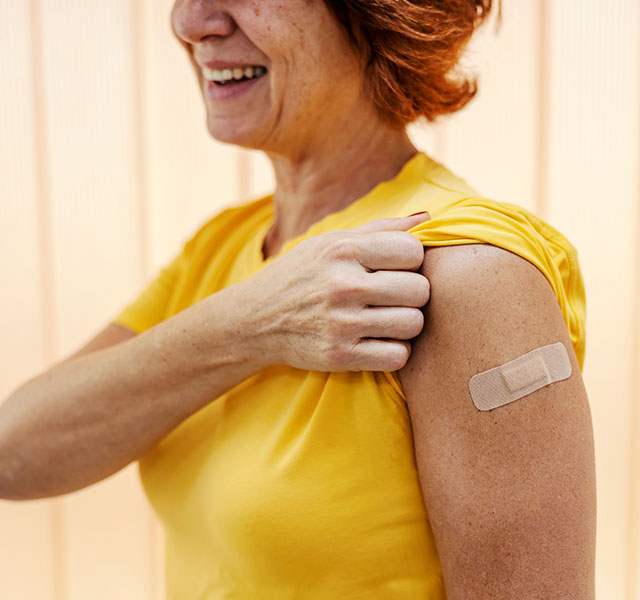
Uncovering Flu Shot Myths—And Why It's Important To Get Vaccinated
To make sure you are protected from the flu this year, get the facts when it comes to getting your annual flu shot.

As COVID has become a part of our lives, Henry Ford Health continues our dedication to providing reliable COVID information so you can make informed choices for you and your loved ones. If you have questions that are not answered here, visit the CDC’s COVID website. As always, your health care provider can help you make informed choices about COVID vaccination and your individual health.
Follow these simple steps if you are sick with COVID-19. If your symptoms are severe, go to the nearest Emergency Department. If you are over age 50, have a disability, have serious health problems, a weakened immune system, are pregnant, or have questions about COVID-19 and your health, contact your doctor. You can reach your doctor using MyChart.
Read our FAQs to learn when, where and how to get a COVID test, and when you need to isolate
Check out our COVID vaccine FAQs if you have questions or want to know more about COVID vaccination
Other sources for up-to-date information about COVID include:

To make sure you are protected from the flu this year, get the facts when it comes to getting your annual flu shot.

Cortisol, aka the stress hormone, affects your mental and physical health in a number of ways. Here are ways stay calm in times of stress.

Bacterial meningitis, though rare, can be fatal if not diagnosed and treated right away. Learn how you can protect yourself and those around you from getting sick.
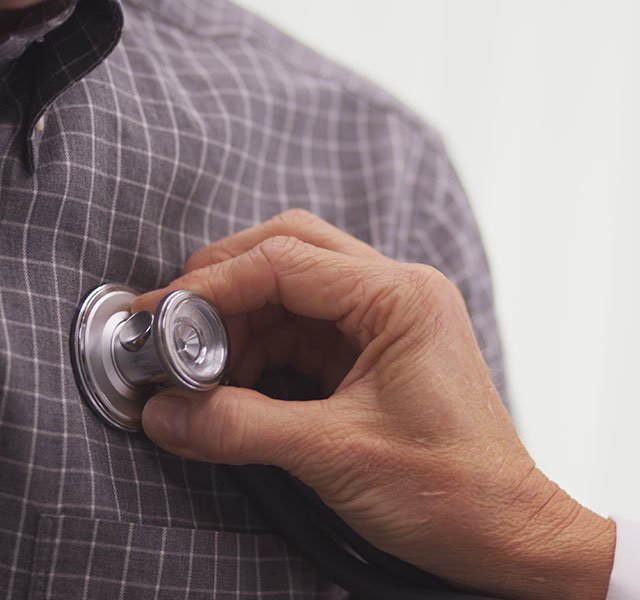
The stress your body undergoes while trying to fight off common respiratory viruses – like colds, the flu or COVID – can have lasting effects on your heart.
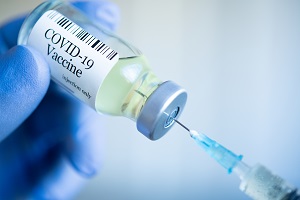
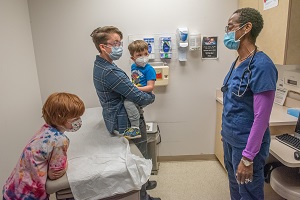
Mother of young patient says she did a “happy dance” on the way to the doctor’s office.
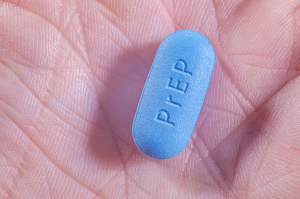
DETROIT – Of the 1.2 million people in the United States who could benefit from HIV pre-exposure prophylaxis, or PrEP, only about 25% are...
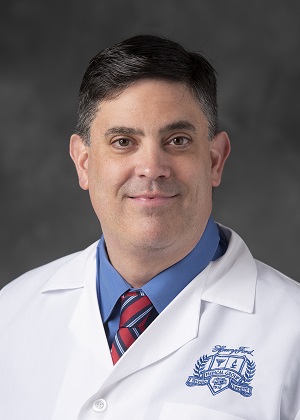
Dr. Cunningham said the highly transmissible form of Omicron could lead to a rise in infections.
We use cookies to improve your website experience. By using this site, you agree to our Terms of Use. Read our Internet Privacy Statement to learn what information we collect and how we use it.